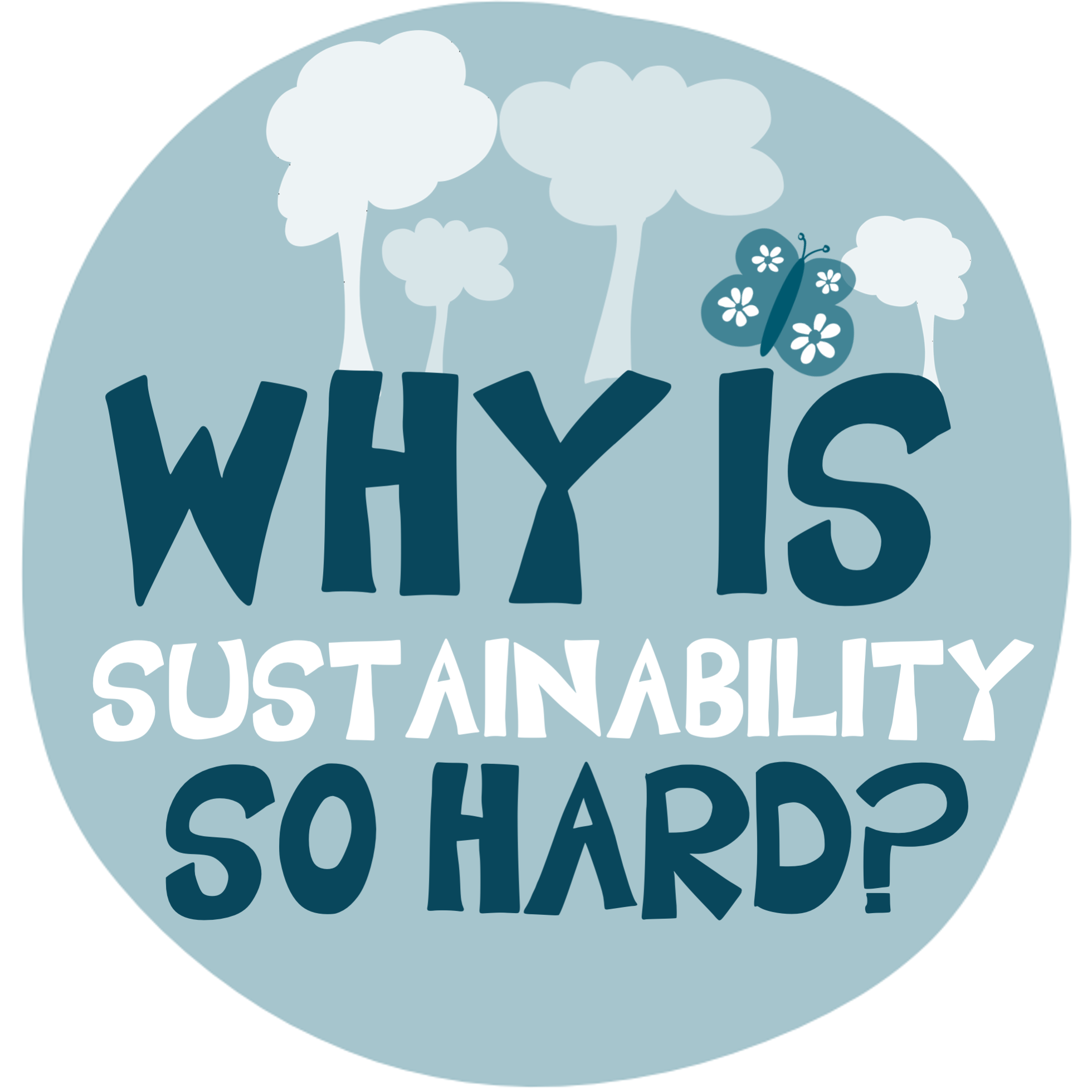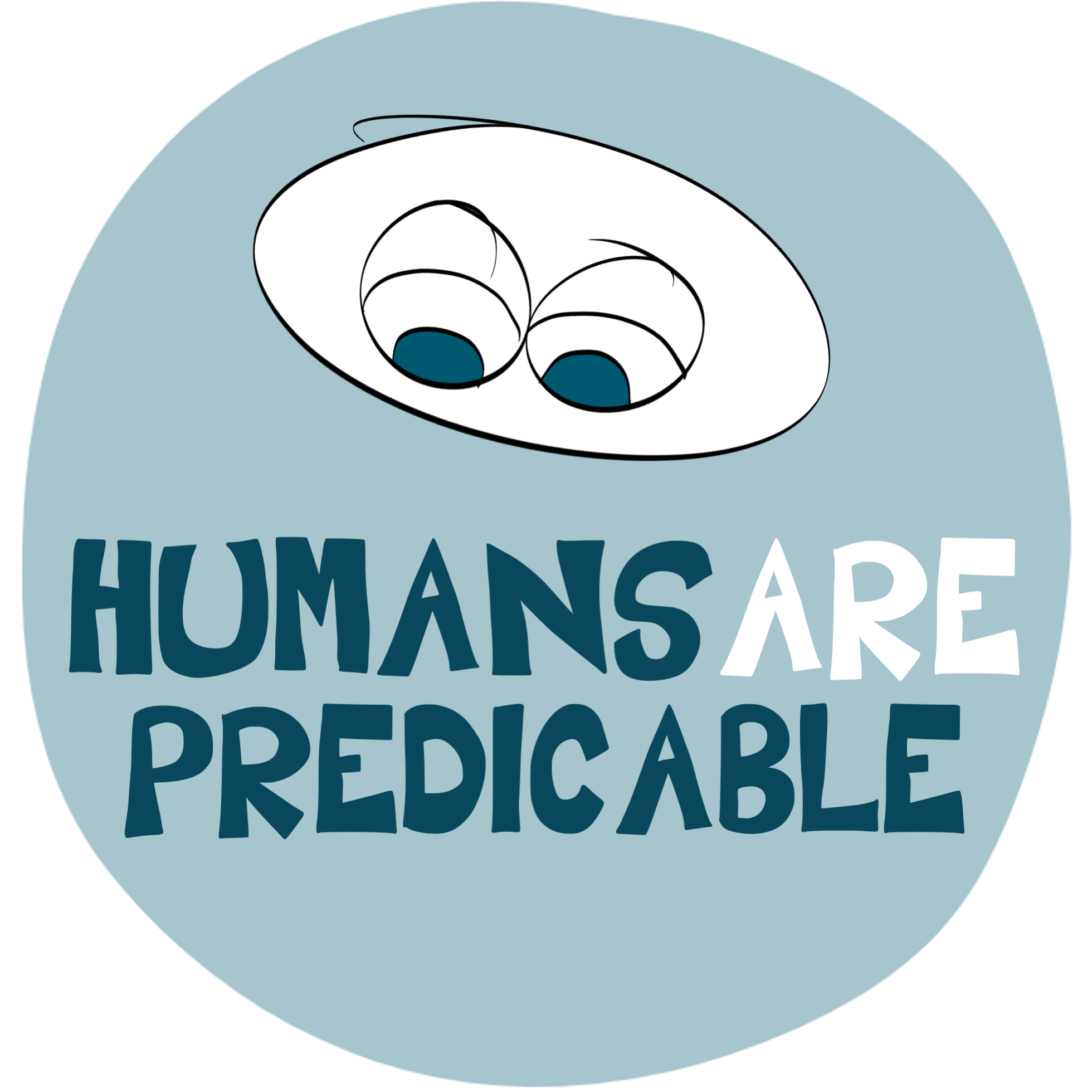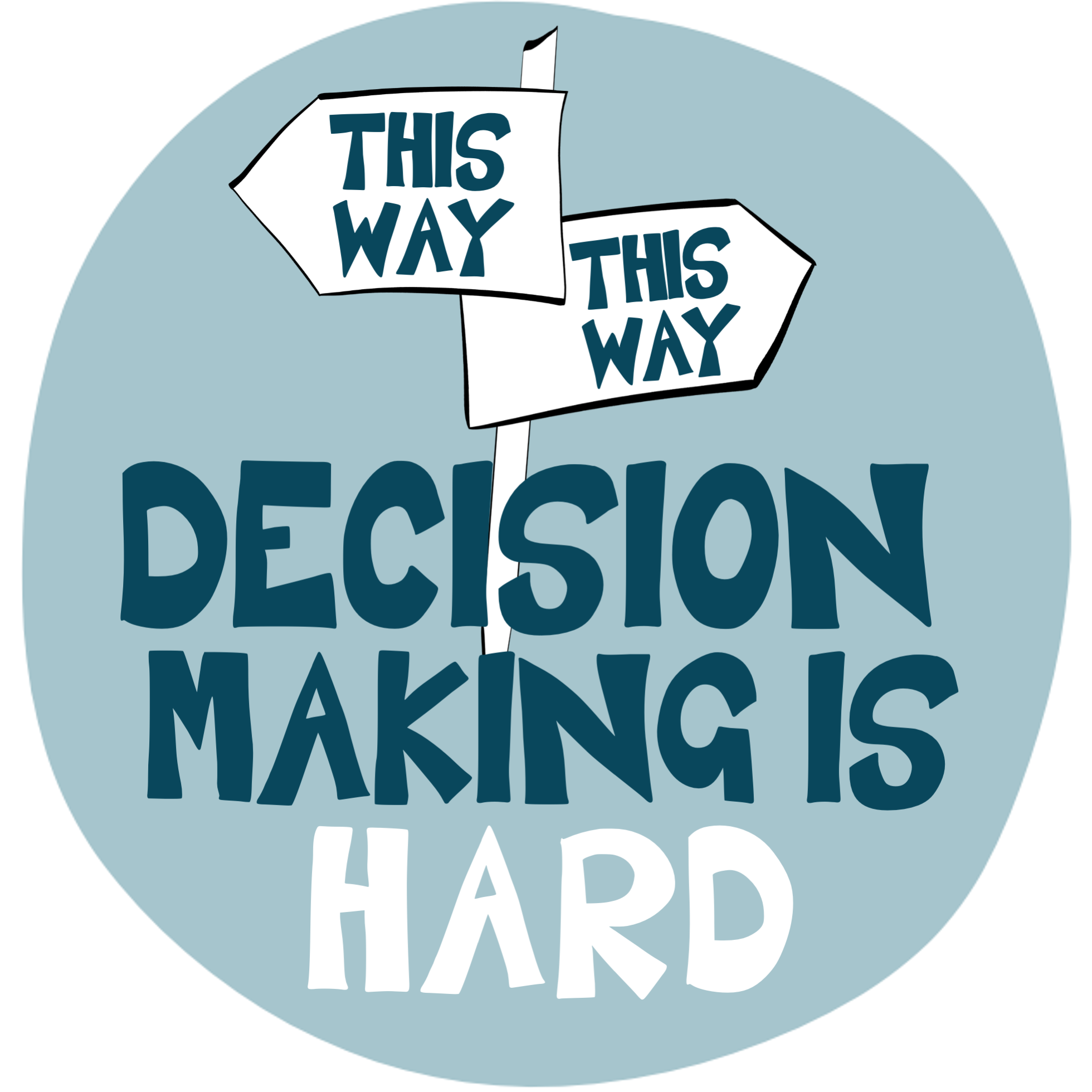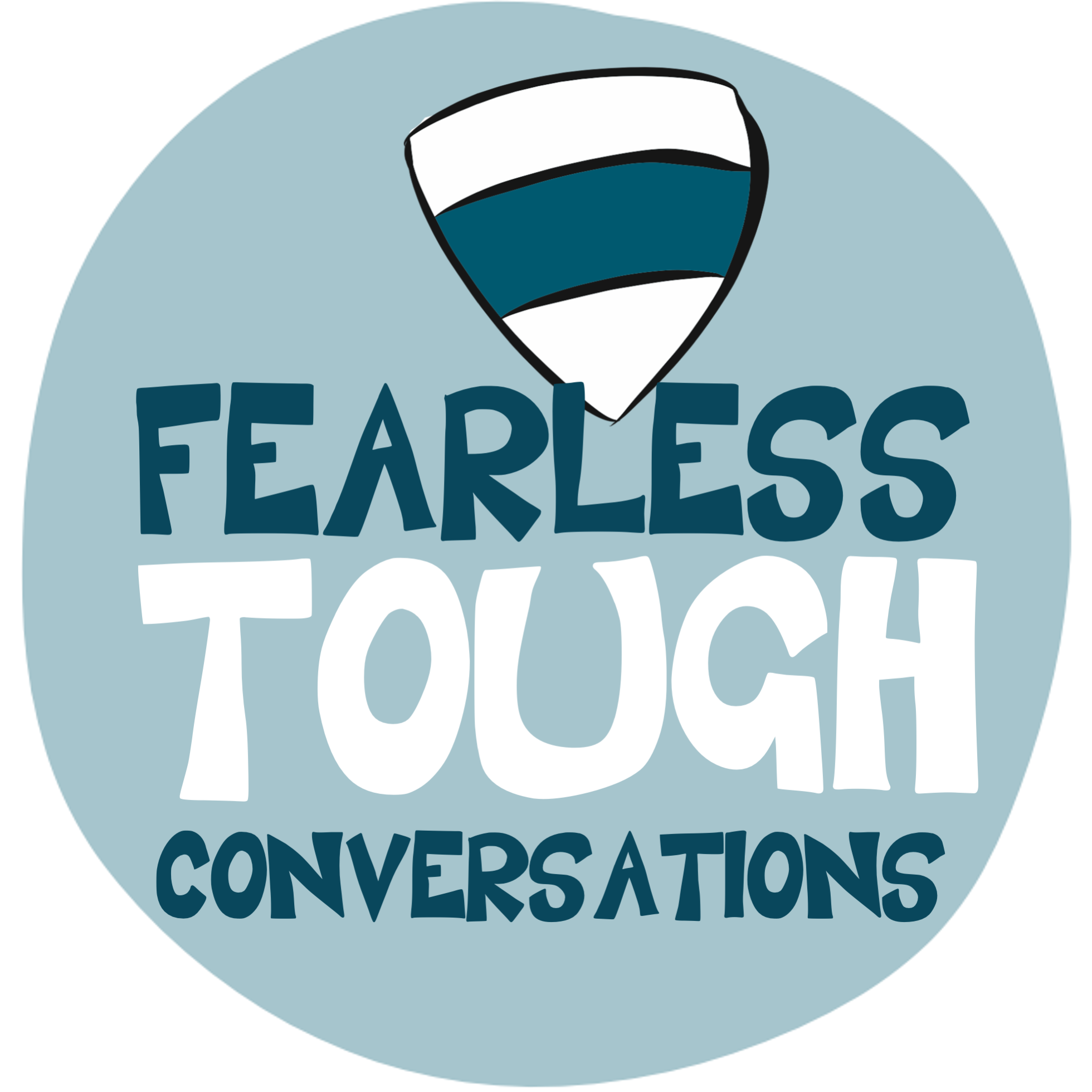How to survive a hostile takeover
How to Survive a Hostile Takeover
There is is a worrying trend of using chaos, confusion and bold moves to make change in organisations, similar to the tactics that are often used in hostile takovers.
The changeXchange team offer their assessment of the situation, the impact and the outcomes.
How to fix poor sponsorship
Poor sponsorship is everywhere. Sponsors have been poorly trained, and it shows up day in, day out.
This article looks the role of a sponsor, the root causes of poor sponsorship and what you can do to fix it.
Hide the vegetables
Case Study: Building leadership capability in an organisation where relationships between the SLT were tense, and training was seen as weakness.
Creating the Capacity for Change
After decades of productivity and efficiency programs, organisational capacity is at an all-time low.
This article looks at the outward and visible signs that capacity is limited, including a diagnostic tool to help you assess your own environment, and the tactics that will help build and optimise capacity in your teams and yourself.
The Ultimate Change Capability Matrix
The Ultimate Change Capability Matrix. A matrix that includes the capabilities that a change agent really needs in our uncertain, volatile and changing world.
This Matrix goes beyond the traditional expectations of a change agent, and sets out the capabilities that many of us use daily to be successful.
Expect to see capabilities that touch on sensemaking, trust, emotional capacity, strategic acumen, authenticity and energy management, as well as tough conversations, conflict management and storytelling.
Ask Great Questions
Asking questions is a superpower. A great question makes a big difference.
Use these questions to explore, to challenge, to ask permission or to show compassion.
Why is sustainability hard?
Sustainability is a hot topic with most organisations having statements of their intent, making commitments to targets and promoting their new-found beliefs. In a competitive and challenging business environment.
Are their statements ‘greenwashing’, or a genuine belief? What can we learn from behavioural change?
The change superpowers we need for success
The Superpowers that will be essential to any change agent in a volatile and changing world.
The benefits of change management
If you feel that the art and skill of change management is not valued as much as it should be, this article is here for you.
We offer up the three killer questions, six limiting beliefs to explore and seven factors for success.
Humans are predictable
Humans are predictable. We may seem irrational at times, but we are predictably irrational.
If you understand how we are predictable, you can predict the choices that we may make. No surprises.
Work smarter, not harder.
Why making decisions is hard
Does it feel that making decisions in your organisation is hard? Have you tried to set roles in decision-making, tried different processes, but none of these seem to work?
If you do the same things, you will get the same outcomes. It is time to think differently about decision-making.
Three questions to predict your success
Imagine a world where you can diagnose the likelihood of a change being successful in minutes. This is what the Three ‘killer’ questions give you.
The power of the questions comes from the self-awareness they cause in the stakeholders, sponsors, and team.
Energize your (virtual) meetings
Looking for more energy in your virtual (and regular) meetings? Feeling that they are a bit ‘flat’?
We have some great suggestions to get them back up and running again. From the rituals around the meetings, to exercises that you can use.
This article is full of useful and practical advice you can use today.
How to fix a toxic culture
A toxic culture destroys your value. This article looks at the root causes, how you know you have one, and what you can do about it.
How to fix a toxic culture includes eight tactics, six causes and a 20 question checklist to assess your own culture.
Fearless tough conversations
Imagine having a conversation with one of your leaders to advise them on shifts in their leadership style, the style that they believe has made them successful.
This article looks at why a tough conversation is important as a tactic, why we avoid them, and offers practical steps to being fearless.
8 steps to lead your team through change
Change is in the air, and it is time to prepare yourself to lead it.
In times of change, there is a lot of flexibility you can use to shape the future for you and your team, if you choose to.
If you do not shape the future for you and your team, someone else will shape it for you!
Our teams are part of the flexibility that provides us with our competitive advantage. They are our special sauce. As their leader, it is our obligation to harness and lead that specialness.
The ultimate reading list
We are curious and read widely. We collect different articles and research papers which relate to our work. Here are some of our favourites, that we share often:
Build your Irrational Plan
When a rational plan meets the people it often doesn’t work the way you thought it would. Things run late, things get in the way, others do not see the good in what you are doing and resist making the changes you need.
Imagine if you could predict these outcomes and plan for them, where the plan is right first time, every time.
How to change the culture
So, you want to change the culture? Learn what creates a culture and the simple steps you can take to change culture - which may not be the ones you are familiar with. Practical, tactical advice.



















